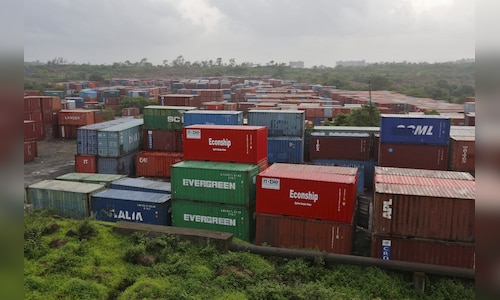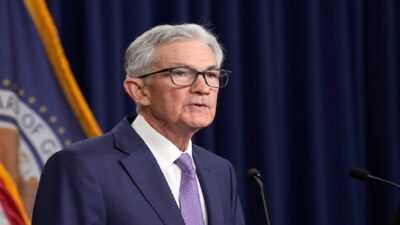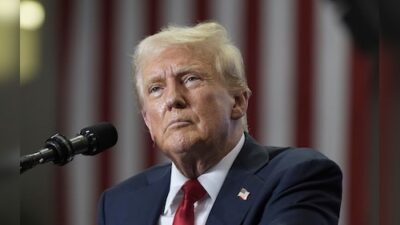In an interview with CNBC-TV18, Prasad emphasized that these are sensitive areas that should not be compromised under external pressure. “Nearly 60% of our population relies on agriculture and related sectors, including dairy. GM crops pose risks to human health, and we must firmly refuse their entry into India,” she remarked.
As the July 9 deadline approaches, and with the looming threat of a 26% reciprocal US tariff, Prasad supported the government’s decision to refrain from hastily concluding a deal. “We must not be coerced into this trade agreement,” she stated. “There’s no need to rush. We should call their bluff and observe.”
Prasad also minimized the possible impacts of increased tariffs, noting that India’s economy is primarily driven by domestic demand. “India operates as a domestic market-oriented economy rather than a trade-driven one. Trade has historically constituted a minor fraction of our GDP—likely less than 2%,” she mentioned. While recognizing potential short-term export losses, she indicated that US importers of Indian goods may exert internal pressure within the US to ease their position.
Regarding the larger context of the negotiations, Prasad remarked that the discussions are inherently unequal. “We are, at most, classified as a low-middle-income nation based on per capita income. Thus, the two economies cannot be considered equals or negotiating on an equal footing,” she stressed, cautioning that India should proceed carefully.
When questioned about geopolitical aspects such as the US involvement in the Iran-Israel conflict or its relations with Pakistan, Prasad indicated that while these factors are relevant, they do not influence the core trade discussions. “What is on the table is strictly a trade negotiation—which must serve both national and mutual interests,” she concluded.
India is anticipated to dispatch officials from the Commerce Ministry to Washington for the next round of face-to-face talks. Sources informed CNBC-TV18 that negotiations remain stalled on critical issues, including access to India’s agriculture and dairy markets, as well as genetically modified products.



